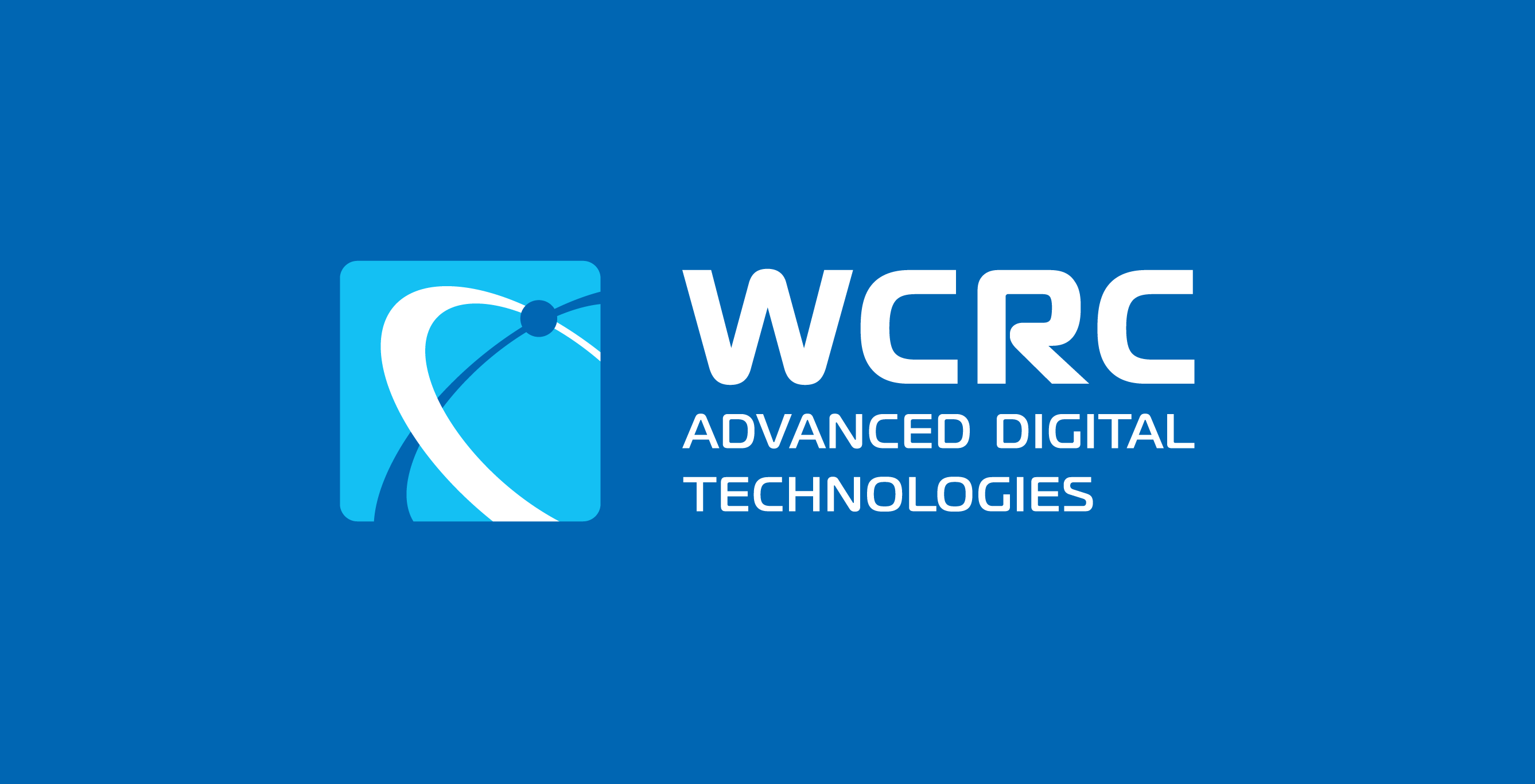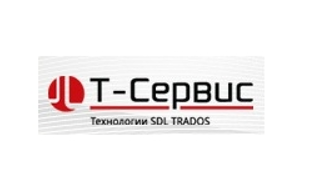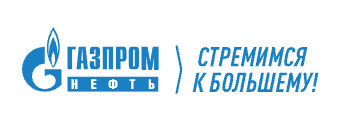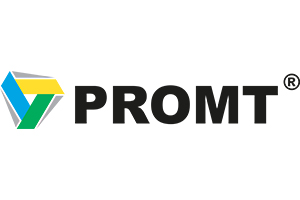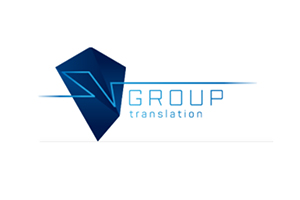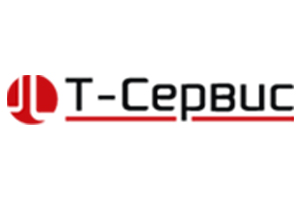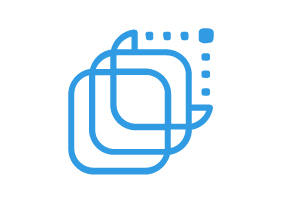Digital linguistics
Do you want to know how a computer translator, voice assistant and search services work from the inside? Are you going to take part in the development of new machine systems designed for the text analysis and live speech? Join the Digital Linguistics master program.
This program reveals variety of NLP practices, the models of language theory, Big Data analysis, theory and practice of machine translation, algorithms for automatic text improvement. The students experiment with the phenomenon of large language models, automated text analysis, develop digital language guides and other pioneering technologies.


Key competencies and skills
- analysis of modern achievements of science and advanced technologies in research work;
- strategy to apply new information technologies in humanities with the means of intellectual data analysis and machine learning, computational linguistics and knowledge representation;
- research activities in logical and algorithmic intelligent systems;
- presentation of research results in report forms, abstracts, publications and public discussions;
- development of human-machine and machine-to-machine interaction system, algorithms and methods for machine translation;
- extraction of named entities;
- creation of question-answer systems;
- development of systems to facilitate communication for people with disabilities.
Why should you choose this program?
The program combines curriculum of two fields of study: Information technologies and Linguistics. You will comprehend and analyze linguistic materials and confidently apply advanced artificial intelligence technologies even if you start from scratch. We take a very broad view of digital linguistics, from theoretical investigations to practical natural language processing applications, ranging across linguistic areas like computational semantics and pragmatics, discourse, sociolinguistics, psycholinguistics and applications including machine translation, question answering and sentiment analysis.
The program offers two main professional tracks: Machine translation and Linguistic digital technologies in business. Machine translation track covers several important aspects: natural language processing applications; automatic translation of text using statistics; study of language at all levels, such as relations between words, part of speech tagging, syntactic parsing and anaphora resolution; translation tools for professional translators; machine learning for language processing, computer techniques for automatically classifying natural language texts, for NLP tasks such as making summaries of text automatically. Linguistic digital technologies in business provides engaging in areas such as text technology and linguistic data resources, grammar technology and linguistic theory, dialogue technology and spoken interaction. The practical side of language technology is associated with computational linguistics. Important topics are empirical methods and data collection, statistics in modeling of linguistic phenomena, and machine learning. Applications involving language technology are defining contemporary business culture: document relevance ranking and filtering (in e.g. search engines and social media), automatic translation, writers' aids, business intelligence, and profiling of individuals. The core of language technology are methods for automatically analyzing texts with a sensitivity for their linguistic structure and content. These two options give additional opportunities to personalize education and even launch your own startup. Every student can draw up a personal academic plan, according to the individual educational aims with a unique set of disciplines.

The program is project-based. You will develop skills in research projects, gain experience in using mathematical methods to create Natural Language Processing applications, including artificial intelligence, machine translation, big data, automated text analysis and web search in a wide variety of research labs and informal workshops on digital linguistics.
You will participate in hands-on practical training grounded in theory and research, which will enable you to pursue a specialist career in industry or academic research. We have a wide network of contacts in the industry from which you will be able to benefit. Our graduates take positions within the language processing and human language technology industries, as well as in related areas such as translation, software development and information and communication technologies. It should be noted that digital linguistics is a skill that is increasingly sought after by many companies from technological backgrounds.
About the program
|
|
|
То prepare the specialists of international level working with linguistic data, tools for their statistical analysis, programming and machine languages.
|
Master’s Degree |
|
2 years, full-time |
120 ECTS |
|
334 600 Rubles |
The program is taught in English |
|
Digital linguists are in extreme demand at the moment. The program offers a unique opportunity to start your career in global IT companies specializing in the text search and analysis, in the startups developing new linguistic technologies. You will work in companies (businesses) and institutions dealing with applied linguistic problems and their modern solutions and in various companies operating with large amounts of unstructured text data. |
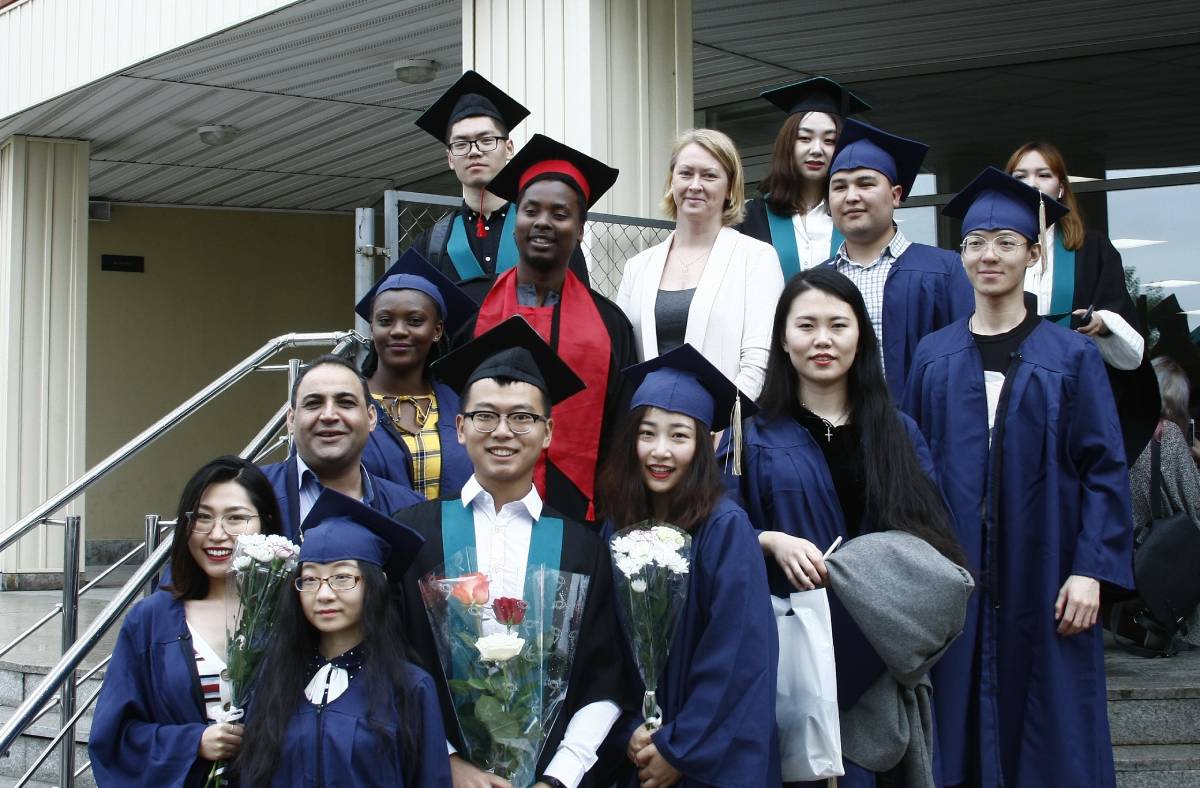

| Module | ECTS | |||
|---|---|---|---|---|
| 1st Semester | 30 | |||
|
Digital resources in scientific research |
3 | |||
|
English for Academic purposes |
3 | |||
|
History and methodology of science |
3 | |||
|
Project management in the field of software development |
5 | |||
|
Machine languages |
6 | |||
|
Big data in Humanities |
6 | |||
|
Formal models in linguistics |
4 | |||
| 2nd Semester | 29 | |||
|
Discourse analysis of linguistic data/ Automated data processing technologies |
6 | |||
|
English for Specific Purposes |
4 | |||
|
Computational linguistics |
5 | |||
|
Python |
6 | |||
|
Mathematical Methods in Machine Learning/ Automated data processing technologies |
8 | |||
| 3d Semester | 29 | |||
|
Functional and cognitive models in linguistics |
6 | |||
|
Statistical methods of machine translation / Predictive data analytics systems |
6 | |||
|
Automatic text processing and machine translation / Knowledge bases and methods of their design for industrial enterprises |
6 | |||
|
Machine translation/ Development of software applications for the analysis of heterogeneous data |
5 | |||
|
Project activities |
6 | |||
| 4th Semester | 32 | |||
|
Final Assessment (Master thesis) |
8 | |||
|
Internship (Company Project) |
24 | |||
| Total | 120 | |||
- Computer grammar-semantics: algorithms for calculating categories
- Computer experiments on description of syntactic phenomena
- Ontology modeling concepts for a text generation system
- Input data modeling for ontology-based text generation systems
- Planning text in natural language in the discourse generation system
- Modeling the verb insertion into text - description and lexical semantics
- Contrastive study of texts of the same type in different languages
- Analysis of cultural component, verb systems and syntactic constructions
- Automatic genre classification based on machine learning
Admission procedure
You are kindly required to fill in an on-line Electronic admission system application. International applicants may find additional information concerning admission at SPbPU web-site.
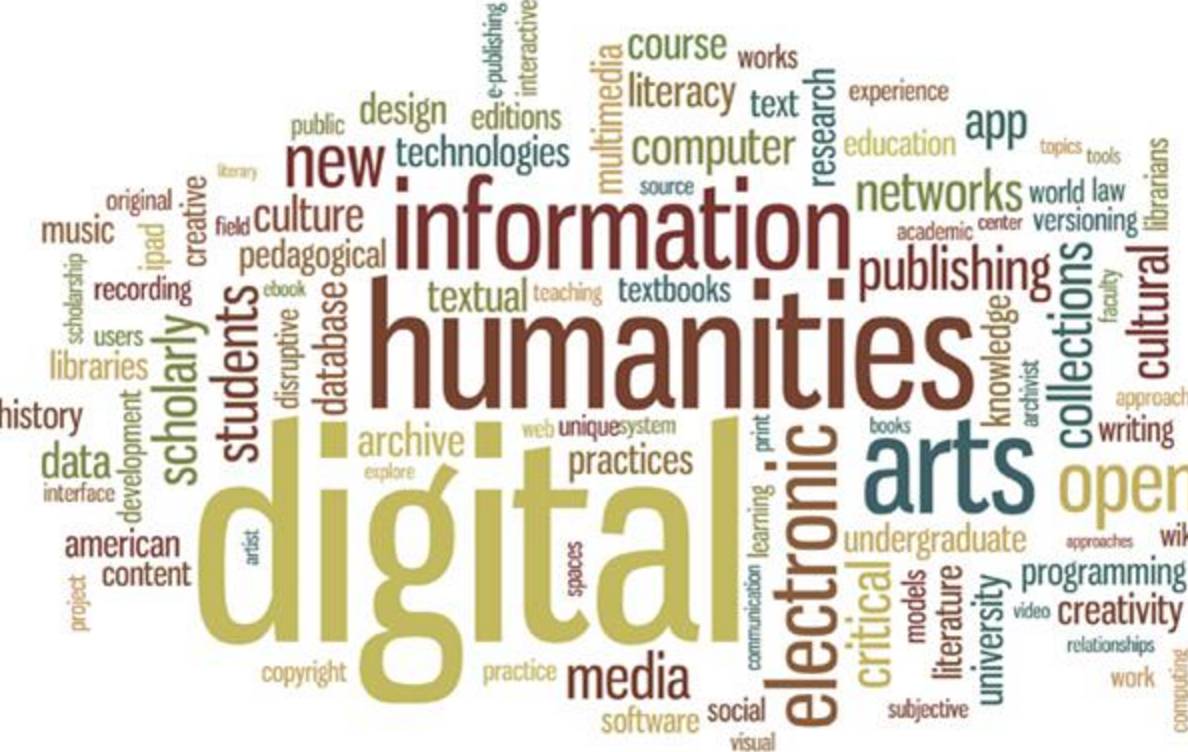
T-Service is the only authorized reseller of Trados solutions in Russia, as well as in Ukraine, Kazakhstan, Belarus, Armenia, Azerbaijan, Kyrgyzstan, Moldova, Turkmenistan, Tajikistan, Uzbekistan, Mongolia, providing technological support to companies, helping to realize the benefits of Translation Memory technology in translation processes.
"Tetrakub" is an innovative enterprise at the Peter the Great St. Petersburg Polytechnic University that is engaged in scientific research and innovative development related to the construction of high-tech data processing systems in the field of computer vision using artificial intelligence methods.
Internships and practice:
Learn more about MSc Degree Digital linguistics
Contact details
Peter the Great St. Petersburg Polytechnic University
Institute of Humanities
- Polytechnicheskaya, 19, (metro station Muzhestva), 194021, St.Petersburg.
- Program coordinator: Kogan Marina
- +7 (812)297-99-97
- kogan_ms@spbstu.ru

